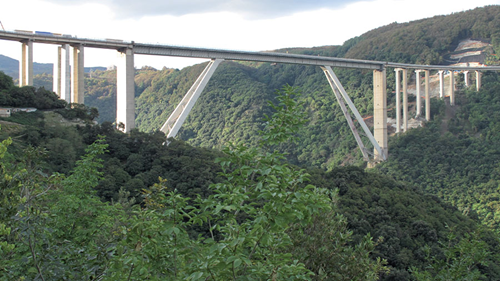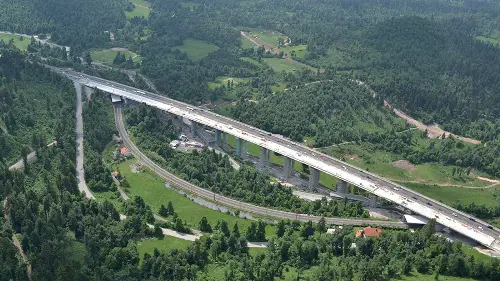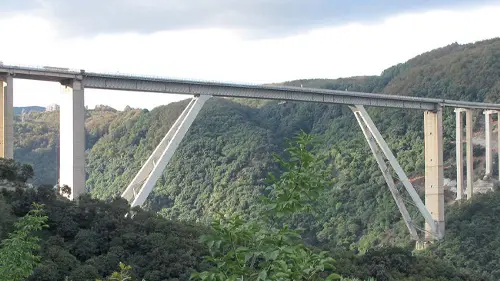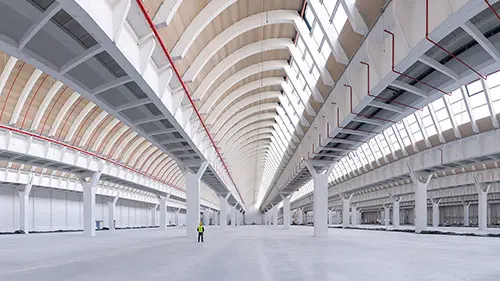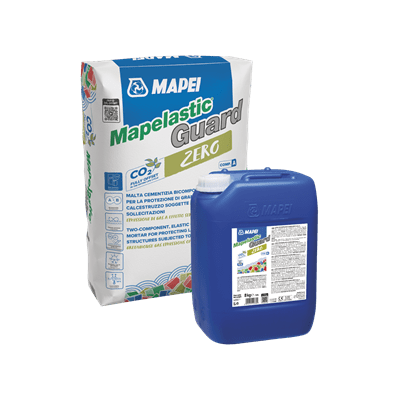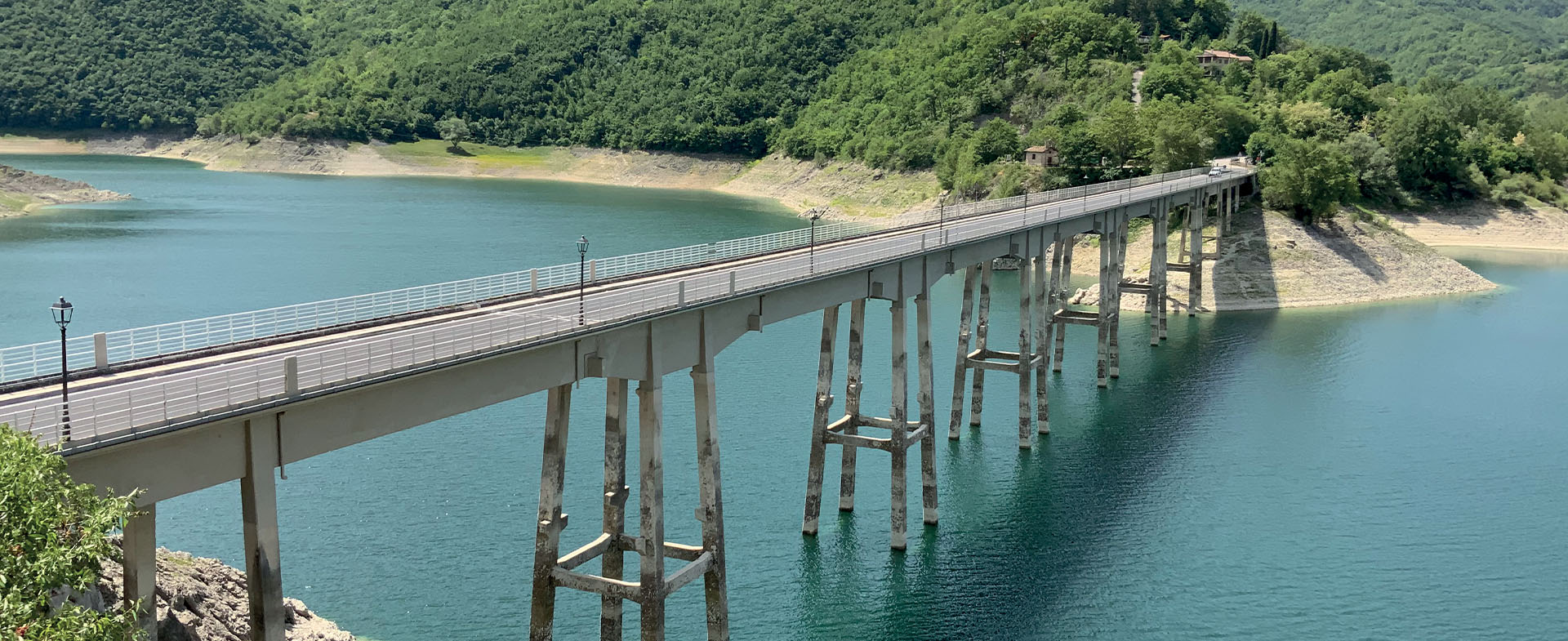
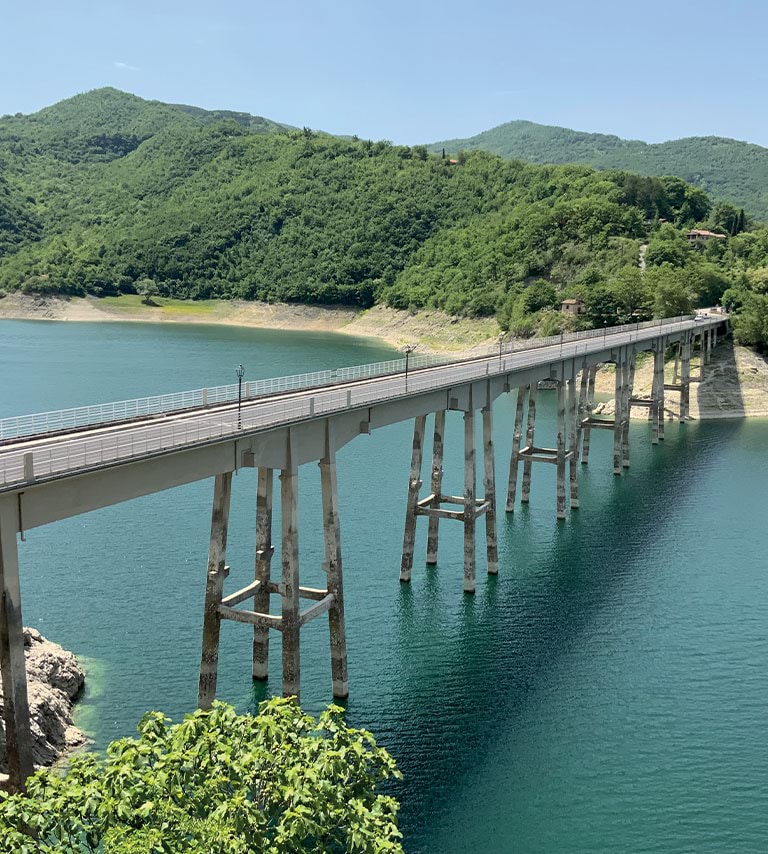
Interviews
Sustainability
/
4/19/2024
Zero repair mortars: an updated range
The new concrete repair products from the Zero* line are a blend of durability and sustainability in one single concept
The Zero Line by Mapei Group enhances sustainability in construction through durable mortars that extend the service life of structures and reduce environmental impact. These products are optimized to minimize emissions of carbon dioxide and tested for high performance.
Let’s talk about mortars from the Zero* Line: is this a new step towards sustainability?
Absolutely, this new range of products, dedicated mainly to the repair of concrete structures, is an important part of a more extensive framework: the commitment to sustainability the whole of Mapei Group has been promoting for a number of years on various fronts.
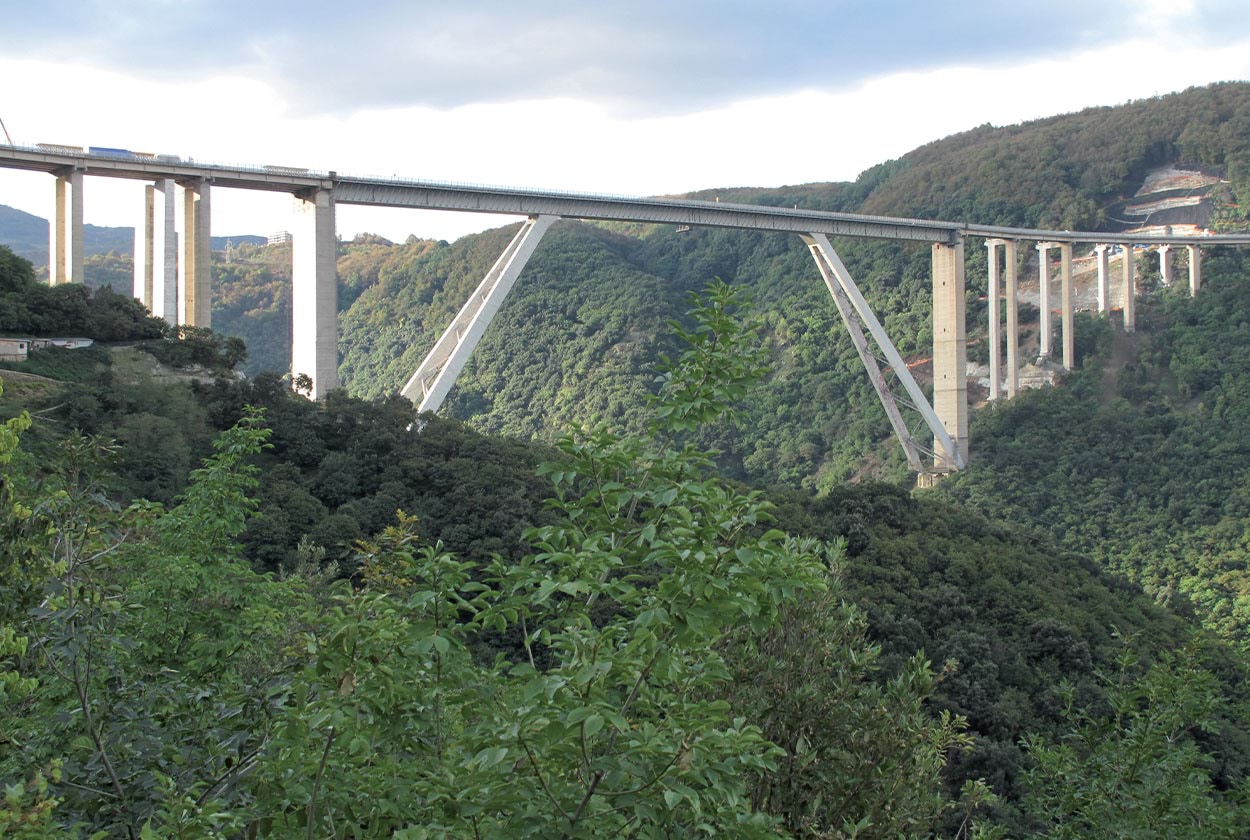
The new Zero line of concrete repair mortars by Mapei enables to reduce the environmental impact by minimizing the need for repair and renovation interventions on structures such as bridges and viaducts.
What contribution do these products make towards a more sustainable building industry?
For Mapei sustainability is, first of all, durability: you need to extend the service life of structures in order to really reduce their impact on the environment.
Increasing durability by using high performance products also enables you to reduce the impact they have on the environment with regards to CO2 emissions by minimizing the need for repair and renovation interventions. With this approach it is possible to reduce material waste, labour costs and all other activities that could give rise to the emission of carbon dioxide into the atmosphere. In so doing, one looks not only at the emissions from a single product, as often happens: one thinks more in terms of the total amount of emissions for the whole intervention.
In fact, with products from the Zero* line, we have, first and foremost, optimised their formulas to reduce CO2 emissions as much as possible, while at the same time guaranteeing high performance properties to help structures achieve a higher level of durability. The residual emissions were then offset by applying standardised LCA (Life Cycle Assessment) methods. For every product, its impact on the environment has been evaluated throughout every stage of its life.
How did this range come about?
We singled out a series of products from the family of repair mortars which, as we mentioned previously, were then re-formulated. Following that, to demonstrate they also have high performance properties, they were tested to verify their resistance to cracking, including when having to withstand cycles of dynamic loads. In fact, all structures, from civil buildings to infrastructures, are subject to vibrations. These vibrations may be small, due to the presence of a road or building site nearby for example, or more intense, such as those generated by an underground railway line or by areas with intense traffic.
These types of vibrations, apart from in special cases, do not have a structural effect, but rather affect durability as they provoke cracks and micro-cracks that become preferential routes for the ingress of aggressive agents, such as carbon dioxide or chlorides, which, over time, damage the structure. The aim of mortars from the Zero* line is precisely this: to prevent premature cracking in substrates, thereby increasing the overall durability of the structure.
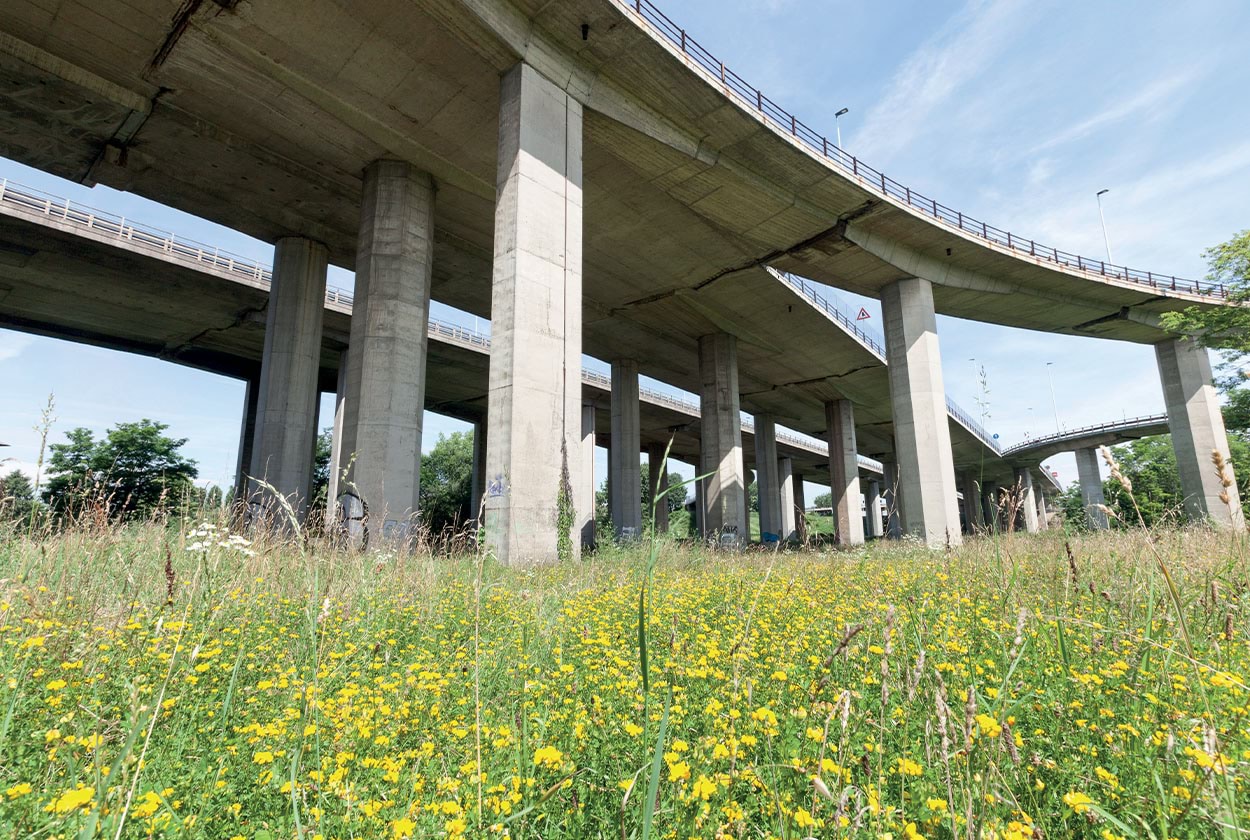
The aim of mortars from the Zero line is preventing premature cracking in substrates, thereby increasing the overall durability of structures including bridges or viaducts.
So were targeted tests carried out?
Yes, we carried out a series of test in collaboration with the Federico II University of Naples: by faithfully simulating the conditions of a real situation we demonstrated that, apart from having a lower carbon footprint and high quality standards, the products from this range have excellent resistance to dynamic loads and stresses.
To sum up, by choosing mortars from the Zero Line, users will have products they already have experience of, but ones that now have enhanced performance properties from a mechanical and sustainability perspective.
A reduction in CO2 emissions combined with highly durable materials
Are you planning on extending the range in the future?
Yes, we have numerous projects and we are extending the range of sustainable products for repair work in order to complete the entire cycle of an intervention, which is why we recently added MAPELASTIC GUARD ZERO flexible, protective cementitious membrane to the range. And shortly we will also be introducing new technologies to the market based on the same approach – durability and low impact on the environment – which will cover other families of the Building Products Line.
*The Zero Line encloses products with CO2 emissions
measured throughout the life cycle of products in 2024 using Life Cycle Assessment (LCA)
methodology, verified and certified with EPDs, and offset through the acquisition of certified carbon
credits in support of forestry protection projects. A commitment to the planet, to people
and to biodiversity. For more details on how emissions are calculated and on climate mitigation projects
financed through certified carbon credits, visit the webpage zero.mapei.com.






